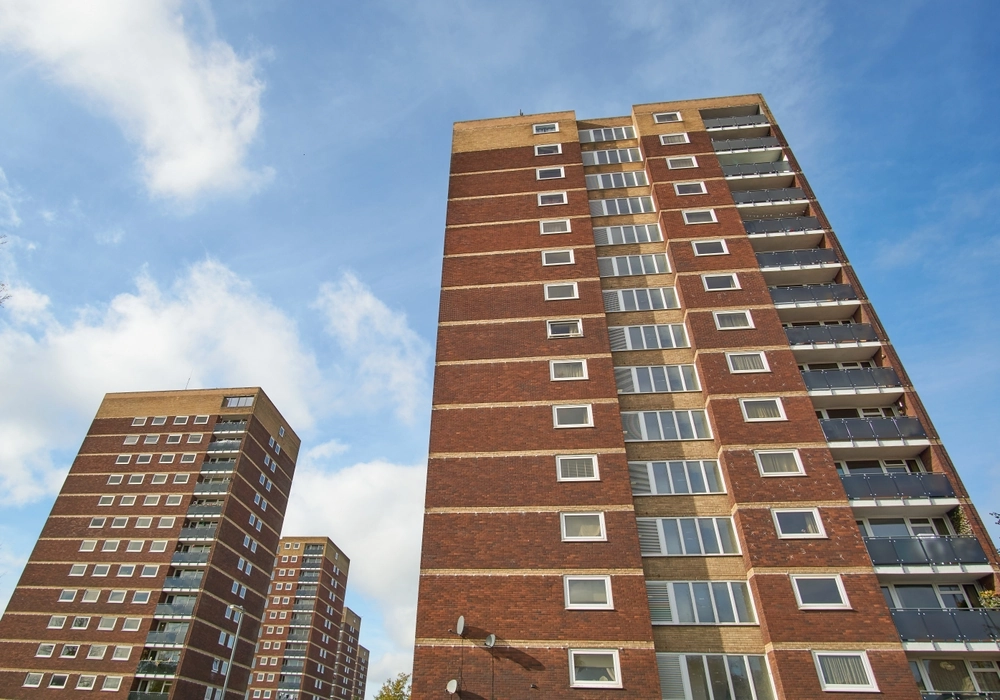
Charity property fraud: combatting identity fraud


In a series of three articles, Marina Leigh from Foot Anstey's Charity Property Legal Team will explore the types of property fraud that your charity may encounter and how you can protect against them.
This time, we explore identity fraud and charity property.
What is property identity fraud?
Identity theft can take place whether the victim is alive or deceased. Charities may encounter legacy property fraud if a fraudster impersonates a deceased donor of land by using their stolen identity to mortgage or even sell a property. They could use that identity to make an application to the Land Registry to register, for example, a forged transfer or mortgage deed. Typically, this is known as “registered title fraud”.
Legacy properties can be at the highest risk of property identity fraud because they are often empty, mortgage free rental properties. Property forming part of the deceased's estate can be particularly at risk because in many cases the personal representatives or executors can be removed from the property, whether physically, or in terms of having limited knowledge of it.
Why is it so dangerous?
The Land Registry has reported that fraud costs the UK nearly £7 billion a year, accounting for more than 40% of UK crime. Property fraud can deprive victims (and in a charity legacy context, charities as beneficiaries of the estates of deceased donors of land) of their homes and the valuable equity in them.
How to avoid charity property fraud?
A number of steps can be taken by charities to protect against property fraud:
- Any unregistered land can be registered with the Land Registry.
- Contact details held by the Land Registry should be kept up to date.
- A Property Alert can be set up with the Land Registry so that your charity receives a notification if someone applies to change the register of the property. This is an effective (and free) preventative measure, which involves minimal effort.
- A Form LL Restriction can be entered on the property title so that no activity will be allowed without a certificate from a conveyancer confirming the identity of the proprietor. This restriction is designed to protect against a fraudster from persuading a buyer or lender that they are the true owner of the property. The restriction deters those fraudsters from targeting that property because they will first have to convince the conveyancer that they are indeed the true owner.
If you think your charity has suffered charity property fraud you should obtain legal advice at the earliest opportunity. HM Land Registry also provides a property fraud telephone hotline on 0300 006 7030 for the reporting of any concerns.
Join us in the next article for a deeper dive into property fraud and undue influence. If you have any questions regarding the topics discussed, please get in touch with Marina Leigh.










